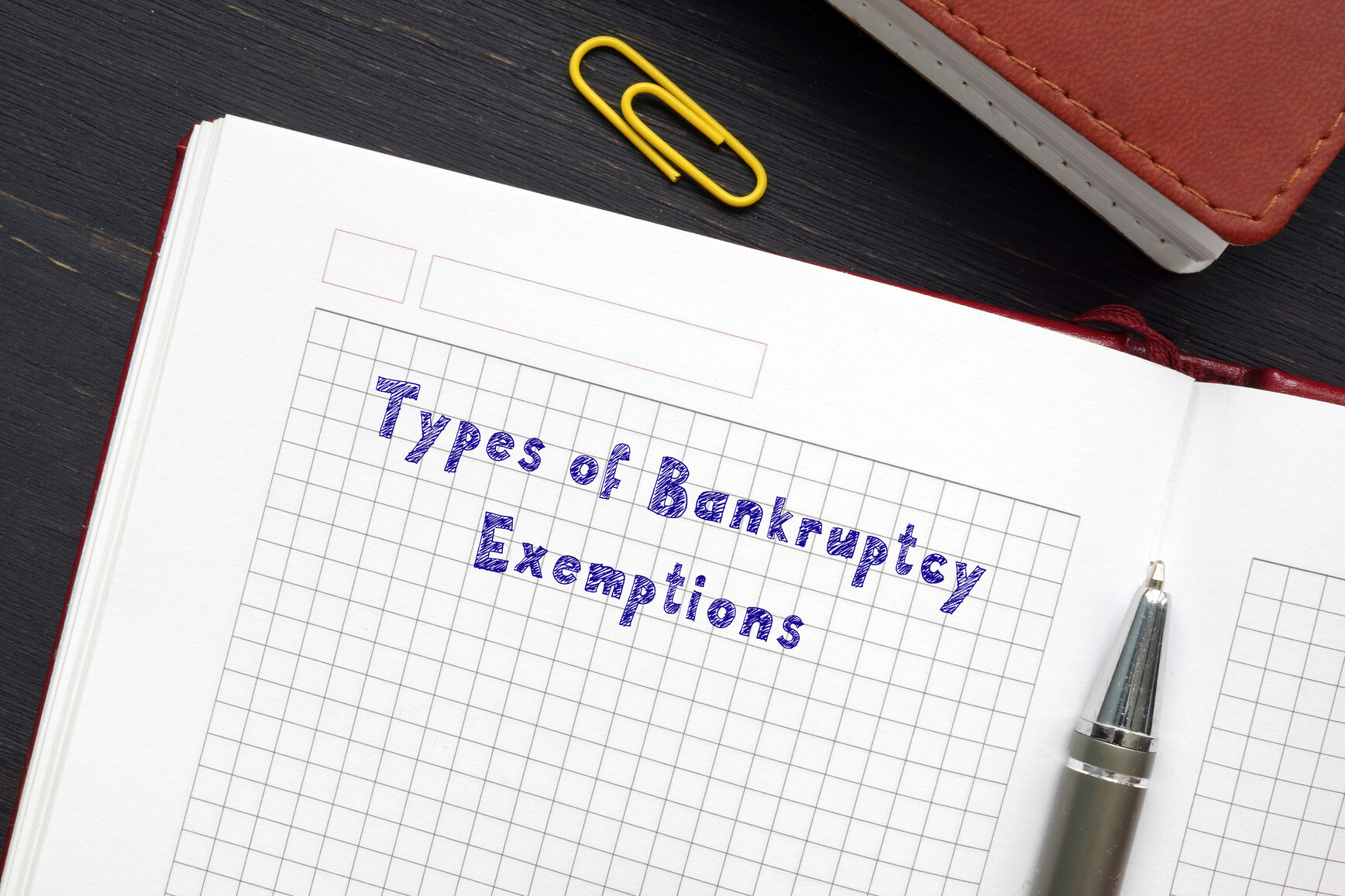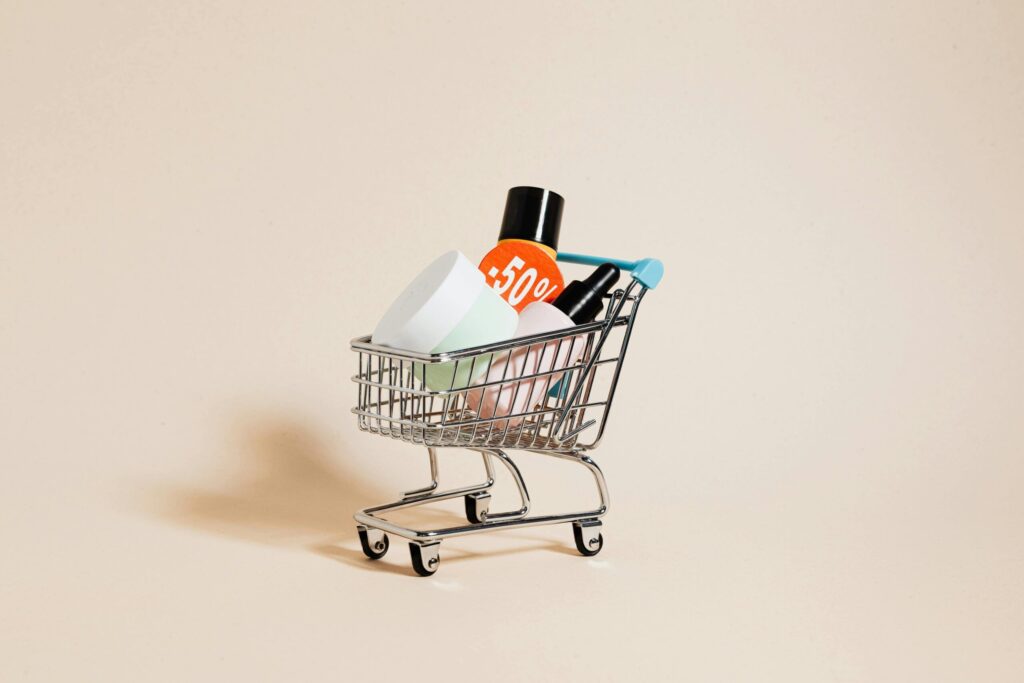Are you considering filing for bankruptcy? Like many Canadians, you might be under the impression that you lose everything when you file. Contrary to popular belief, this is far from the reality. After all, when bankruptcy is intended to give you a fresh financial future, it isn’t entirely helpful to strip you of all your assets. For this reason, each Province has its own list of bankruptcy exemptions, enabling you to keep a number of essential items including work materials and even a vehicle up to a certain threshold.
This list is updated each year. Before you file for bankruptcy, it’s essential to understand the exemptions that apply in your Province to protect certain assets. Bankruptcy exemptions vary from across Canada, and staying informed about the current regulations is crucial for making the best decision for your financial future.
In this article, we share a comprehensive overview of bankruptcy exemptions by province in 2025.
Do you lose all your assets when you file for bankruptcy?
Contrary to popular belief, when you file for bankruptcy in Canada, you will not necessarily lose all your assets. Bankruptcy laws in Canada offer certain exemptions that allow you to keep essential assets needed for daily living and work. These exemptions vary by Province and typically include:
- A portion of equity in your primary residence
- Basic household furnishings
- Tools of trade
- A vehicle (up to a certain value)
- Necessary clothing
- Certain pensions or retirement savings
Any assets that are not exempt, however, may be sold by the trustee to help repay creditors. The specifics of what you can keep and what may be sold depend on your Province’s bankruptcy laws and your individual circumstances.
Consulting with an experienced Licensed Insolvency Trustee can provide guidance on how bankruptcy would affect your specific assets, and help you to navigate the process. At Spergel, we have over 35 years’ experience in helping Canadians to gain debt relief.
Below, we share the bankruptcy exemptions by province in 2025, outlining which of your assets – and how much equity – you can keep.
Personal bankruptcy exemptions by province in 2025
Each province and territory has its own list of assets and exemptions that are protected during bankruptcy. This list and its values are updated each year. See what is exempt in your Province below:
Alberta bankruptcy exemptions
- Home (principal residence): up to $40,000 equity (prorated if co-owned)
- Clothing: up to $4,000
- Household furnishings & appliances: up to $4,000
- Vehicle: up to $5,000
- Tools of the trade: up to $10,000
- Medical/dental aids: exempt (no limit)
- RRSP/RRIF/RESP, certain pensions/life insurance: exempt (conditions apply)
- Farmers: up to 160 acres where the principal residence is on the farm; plus personal property needed for the next 12 months of operations.
British Columbia bankruptcy exemptions
- Home equity: $12,000 (Metro Vancouver & Capital Regional District), $9,000 elsewhere
- Clothing & medical/dental aids: exempt (no limit)
- Household furnishings & appliances: up to $4,000
- Vehicle: up to $5,000 (drops to $2,000 if behind on maintenance/support)
- Tools of the trade: up to $10,000
- RRSP/RRIF/RDSP: exempt except contributions in the last 12 months
- RESP: not exempt.
Manitoba bankruptcy exemptions
- Home (principal residence): up to $2,500 equity if solely owned; $1,500 if co-owned
- Clothing: exempt
- Household furnishings & appliances: up to $4,500
- Vehicle: up to $3,000 (if needed for work/transportation)
- Tools of the trade: up to $7,500
- Food & fuel: 6 months (or cash equivalent)
- Health aids: exempt
- Farmers: specific protections for machinery, animals, seed, up to 160 acres, and the farm dwelling/outbuildings.
New Brunswick bankruptcy exemptions
- Home: not exempt
- Clothing & medical/health aids: exempt
- Household furnishings & appliances: up to $5,000
- Vehicle: up to $6,500 (if required for employment)
- Tools of the trade: up to $6,500
- Pets: exempt
- Farm property (examples): two horses (with harness), two cows, ten sheep, two hogs, 20 fowl + feed for 6 months; seed grain/potatoes (set quantities).
Newfoundland & Labrador bankruptcy exemptions
- Home equity: up to $10,000
- Clothing: up to $4,000
- Household furnishings & appliances: up to $4,000
- Vehicle: up to $2,000
- Tools of the trade / vocational tools: up to $10,000
- Food & fuel: 12 months; medical/dental aids: exempt; sentimental items: up to $500
- Fishing/farming/aquaculture: personal property used to earn income up to $10,000.
Nova Scotia bankruptcy exemptions
- Home: not exempt
- Clothing, food & fuel, medical/health aids: exempt
- Household furnishings & appliances: up to $5,000
- Vehicle: up to $6,500
- Tools of the trade (incl. farm equipment/fishing nets): up to $7,500; no limit on grain/seed or livestock for domestic family use.
Ontario bankruptcy exemptions
- Clothing (for you & dependants): exempt
- Household furnishings & appliances (as-is resale value): up to $14,180
- Tools of the trade: up to $14,405
- One motor vehicle: up to $7,117 (net of any loan)
- Home equity: exempt if ≤ $10,783
- RRSP/RRIF: exempt except last 12 months’ contributions; most pensions & certain life insurance protected; RDSP: generally protected (recent Ontario changes).
Prince Edward Island bankruptcy exemptions
- Home: not exempt
- Clothing & medical/health aids: exempt
- Household furnishings, utensils, equipment, food & fuel: up to $5,000
- Vehicle: up to $6,500 if used for work ($3,000 if not)
- Tools of the trade: up to $2,000 (farming/fishing up to $5,000)
- Farm property: livestock/fowl/machinery up to $5,000; seed for up to 100 acres.
Quebec bankruptcy exemptions
- Household furniture/appliances (principal residence): up to $7,000 (market value assessed by bailiff)
- Clothing, food, fuel & linens; medical aids; pets; family papers/portraits/medals: exempt
- Tools of the trade necessary for your work: exempt
- One car required for work: exempt (no fixed dollar cap in statute; practical limits apply)
- RRSP/RRIF: exempt (12-month contribution clawback applies).
Saskatchewan bankruptcy exemptions
- Home (principal residence): up to $50,000 equity ($100,000 if jointly owned, across spouses)
- Clothing & jewellery: up to $7,500
- Household furnishings & appliances: exempt (no set dollar limit)
- Vehicle: up to $10,000 equity in one vehicle
- Tools of the trade: exempt (office furniture/equipment & more; special farmer rules)
- Farmers: cash/crops to next harvest; all livestock, machinery & equipment (incl. one car/truck) needed for up to 12 months; two bushels of seed per acre.
Bankruptcy exemptions by Province in 2025: FAQs
Here are some of the questions we receive most regarding bankruptcy exemptions by Province in 2025:
Can I keep my home when I file bankruptcy?
Maybe. In Canada, whether you can keep your home when filing for bankruptcy depends on your province’s home-equity exemption and your equity (value minus mortgages/secured loans). If equity is at or below the provincial cap, the home is usually protected; otherwise you may need to sell or “buy back” the non-exempt equity, or consider a consumer proposal to keep the home.
What’s generally exempt in Canada?
Typically: necessary clothing, basic household furnishings, medical aids, one vehicle up to a cap, tools of the trade, and sometimes home equity. RRSP/RRIF savings are protected across Canada except contributions in the 12 months before filing. Provincial rules add more detail.
How can I avoid bankruptcy?
Avoiding bankruptcy in Canada can be done by budgeting, negotiating with creditors, debt consolidation, credit counselling, or a consumer proposal are common alternatives. A Licensed Insolvency Trustee can help you weigh your options.
Can I travel during bankruptcy?
Generally yes, but keep your LIT informed – especially for extended travel – or if court appearances are scheduled.
Can creditors take my car?
Not for ordinary unsecured debts if your equity is within your province’s vehicle exemption and you’re up to date on any car loan. If equity exceeds the limit (or you default on a secured loan), the car can be at risk; you may be able to “buy back” the non-exempt portion.
How does bankruptcy work in Canada?
You assign your non-exempt assets to a trustee, most collection stops, and your trustee distributes any realizations to creditors. First-time bankruptcies often run 9 months (longer with surplus income). Some debts (e.g., support, recent student loans) may survive.
Thinking about bankruptcy? Talk to a Licensed Insolvency Trustee today. At Spergel, we’ve helped thousands of Canadians protect their assets and get a fresh financial start. Book your free, no-pressure consultation now.



















